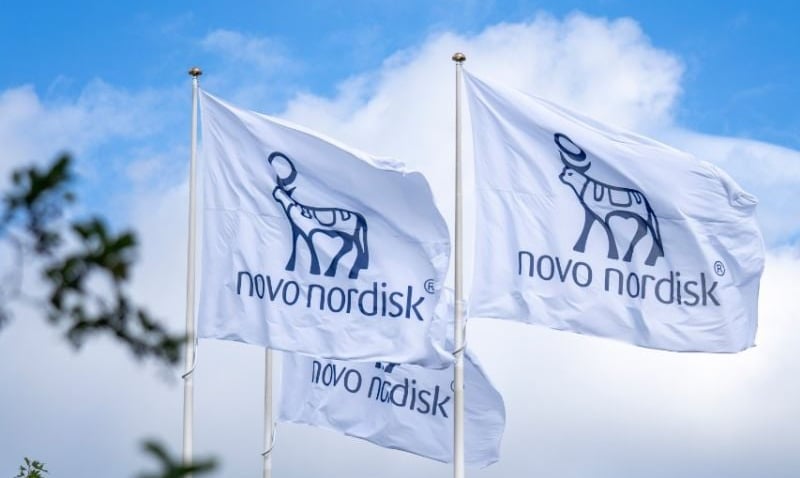Novo Nordisk's Semaglutide Shows Promise in MASH Phase 3 Study with Regulatory Plans

Novo Nordisk's semaglutide has yielded promising results in the Phase 3 trial for treating metabolic dysfunction-associated steatohepatitis (MASH), indicating significant advancements in liver fibrosis and steatohepatitis resolution. The Essence study demonstrated that 37% of patients on a weekly dose of semaglutide 2.4 mg exhibited improvements in liver fibrosis without worsening steatohepatitis, compared to only 22.5% in the placebo group. Furthermore, the resolution of steatohepatitis was observed in 62.9% of semaglutide users versus 34.1% among those given a placebo. These outcomes pave the way for Novo Nordisk to pursue regulatory approval in the U.S. and Europe by 2025, potentially marking semaglutide as the first GLP-1 receptor agonist approved for this condition[1][2].
References
Explore Further
How does Novo Nordisk's semaglutide compare to other GLP-1 receptor agonists in the effectiveness of treating MASH?
What are the potential side effects of regular semaglutide doses based on the Phase 3 trial data?
How significant is the market opportunity for Novo Nordisk's semaglutide in the MASH treatment landscape, considering its competitors?
What are the key regulatory challenges Novo Nordisk might face in gaining approval for semaglutide in the U.S. and Europe?
How could the approval of semaglutide as the first GLP-1 receptor agonist for MASH impact the overall treatment guidelines for liver diseases?